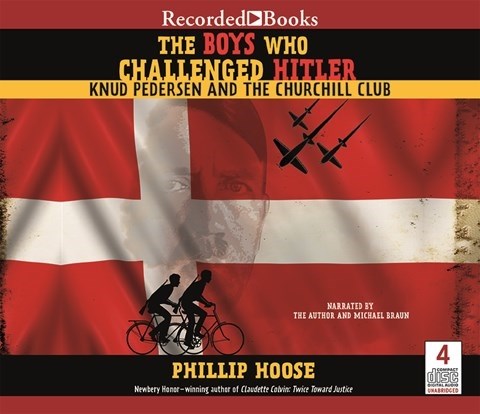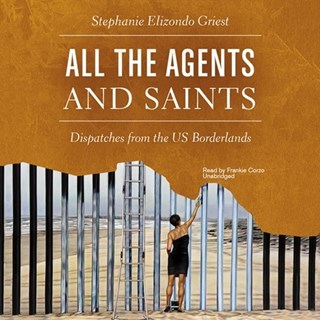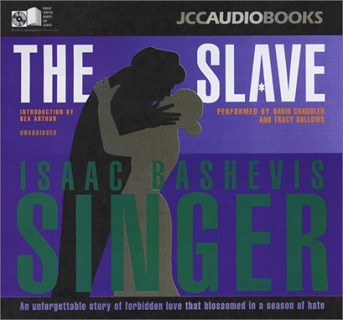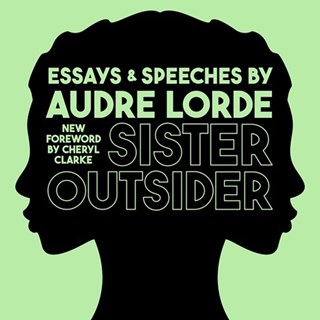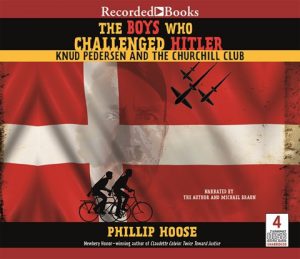 As we watch and listen to the young leaders from Parkland, Florida, Americans are divided by whether both life and liberty can be attained jointly. Values, many adults seem hasty to opine, come from maturity and experience, which may be another way to say that the suspension of disbelief in the face of actual events is a subtle art that escapes youth.
As we watch and listen to the young leaders from Parkland, Florida, Americans are divided by whether both life and liberty can be attained jointly. Values, many adults seem hasty to opine, come from maturity and experience, which may be another way to say that the suspension of disbelief in the face of actual events is a subtle art that escapes youth.
History, however, shows a different reality, and it’s a reality born of fact: Teenagers are at peak power of seeing the emperor has no clothes, saying the emperor has no clothes, and acting on their observation that the emperor has no clothes.
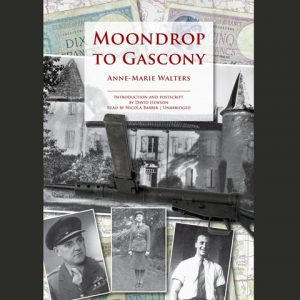 From 1933 through 1945, there were the German adults; THEY THOUGHT THEY WERE FREE, as author Milton Mayer wrote in 1955, and as Michael Page has now brought to audiobook format. And the kids? Phillip Hoose, author and co-narrator with Michael Braun, gives us an account complete with first-person documentation of THE BOYS WHO CHALLENGED HITLER: Knud Pedersen and the Churchill Club. MOONDROP TO GASCONY by Anne-Marie Walters, who was 20 when she became an effective member of the French Resistance, read here by Nicola Barber, is a reminder that young women, as well as young men, have placed themselves in the forefront of acting for freedom from threat.
From 1933 through 1945, there were the German adults; THEY THOUGHT THEY WERE FREE, as author Milton Mayer wrote in 1955, and as Michael Page has now brought to audiobook format. And the kids? Phillip Hoose, author and co-narrator with Michael Braun, gives us an account complete with first-person documentation of THE BOYS WHO CHALLENGED HITLER: Knud Pedersen and the Churchill Club. MOONDROP TO GASCONY by Anne-Marie Walters, who was 20 when she became an effective member of the French Resistance, read here by Nicola Barber, is a reminder that young women, as well as young men, have placed themselves in the forefront of acting for freedom from threat.
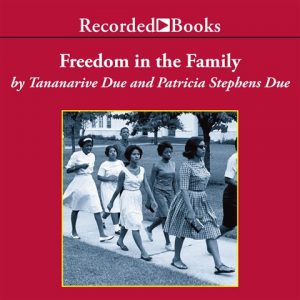 Leadership during the height of the American Civil Rights Era brought disagreement between older and younger activists. Both generations, in the end, were needed to bring momentum (the youth) and diplomacy (some of the older leaders’ strong suit). With an abundance of written accounts and audiobooks narrated from them, listeners have no shortage of possibilities to find instructive from this era. FREEDOM IN THE FAMILY, by Tananarive Due and her mother, Patricia Stephens Due, and read for audio by Patricia Floyd and Lizan Mitchell, offers a view back through one generation’s memory and demonstrative of how the ideals of youth can become the culture with which they imbue the next generation. LETTER FROM BIRMINGHAM JAIL, by Martin Luther King, Jr., and read now by Dion Graham, serves as a reminder that the older ministers weren’t happy with the young Dr. King’s activism.
Leadership during the height of the American Civil Rights Era brought disagreement between older and younger activists. Both generations, in the end, were needed to bring momentum (the youth) and diplomacy (some of the older leaders’ strong suit). With an abundance of written accounts and audiobooks narrated from them, listeners have no shortage of possibilities to find instructive from this era. FREEDOM IN THE FAMILY, by Tananarive Due and her mother, Patricia Stephens Due, and read for audio by Patricia Floyd and Lizan Mitchell, offers a view back through one generation’s memory and demonstrative of how the ideals of youth can become the culture with which they imbue the next generation. LETTER FROM BIRMINGHAM JAIL, by Martin Luther King, Jr., and read now by Dion Graham, serves as a reminder that the older ministers weren’t happy with the young Dr. King’s activism.
One of the most powerful tools activist youth have brought to any fight for humanity itself has been the necessity of direct service toward that end. They aren’t writing checks. They’re putting their very being on the line.


